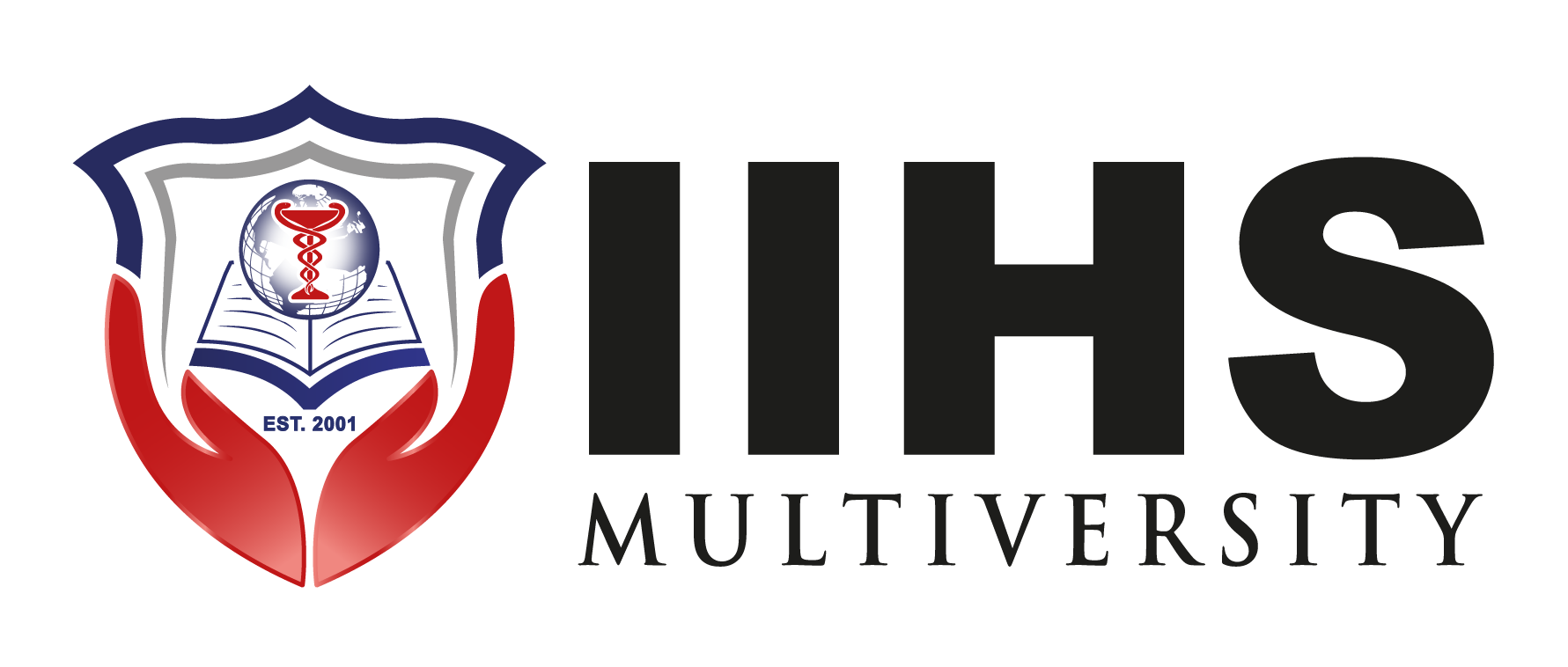April 24, 2024
Digital Health: How Technology is Shaping Modern Medicine & Health Science
Introduction:
In today’s rapidly advancing world, technology has permeated every aspect of our lives, and healthcare is no exception. Digital health, the integration of technology into healthcare systems, is transforming modern medicine and health science. From enhancing patient care to enabling groundbreaking research, technology’s impact on healthcare is both exciting and promising. In this blog post, we will explore how digital health is shaping modern medicine and health science, revolutionizing the way we approach healthcare.
Transformation of Healthcare with Digital Health:
Digital health has brought about a paradigm shift in healthcare delivery. With advancements such as electronic health records (EHRs), telemedicine, and wearable devices, patients and healthcare providers have access to a wealth of real-time data. This information allows for more accurate diagnoses, personalized treatment plans, and improved patient outcomes. Digital health technologies enable remote monitoring, reducing the need for frequent hospital visits and significantly enhancing patient convenience and accessibility to care.
Role of Technology in Modern Medicine:
Technology plays a pivotal role in various aspects of modern medicine. In medical diagnosis, cutting-edge imaging techniques like magnetic resonance imaging (MRI) and computed tomography (CT) scans aid doctors in visualizing internal structures with unparalleled detail. Additionally, artificial intelligence (AI) algorithms can analyze vast amounts of medical data, assisting physicians in making more accurate diagnoses and treatment decisions. Surgical robots and minimally invasive procedures are transforming the surgical landscape, improving patient safety and reducing recovery times.
Integration of Digital Health in Health Science:
Digital health is not limited to patient care; it also revolutionizes health science research and studies. Researchers can harness the power of big data analytics to identify patterns, risks, and treatment options for various diseases. Wearable devices capture real-time physiological data, empowering researchers to monitor health trends and conduct large-scale studies more efficiently. The integration of AI in health science allows for the exploration of complex biological systems and accelerates the development of innovative therapies.
Challenges and Opportunities in the Digital Health Era:
While the potential of digital health is immense, its widespread adoption faces challenges. Interoperability issues, patient data privacy concerns, and the need for proper infrastructure can hinder the seamless integration of digital health technologies. However, these challenges present opportunities for innovation. Startups and established companies are developing solutions to address these obstacles, from secure data sharing platforms to robust cybersecurity frameworks.
Future Trends in Digital Health:
The future of digital health holds even more transformative possibilities. Virtual reality (VR) and augmented reality (AR) have the potential to revolutionize medical education and training, enabling immersive and realistic simulations. Genomic medicine, personalized based on an individual’s genetic profile, could lead to targeted therapies tailored to each patient. The Internet of Medical Things (IoMT), where medical devices and wearables connect to the internet, will facilitate real-time monitoring and earlier detection of health conditions.
Conclusion:
Digital health is reshaping modern medicine and health science, enabling precise diagnoses, personalized treatments, and more efficient healthcare delivery. The integration of technology into healthcare systems opens up a world of possibilities, from remote patient monitoring to cutting-edge research. As the digital health revolution continues, it is crucial for healthcare providers, researchers, and policymakers to embrace these advancements. By harnessing the power of technology, we can create a future where healthcare is more accessible, personalized, and ultimately, improves the lives of millions.


